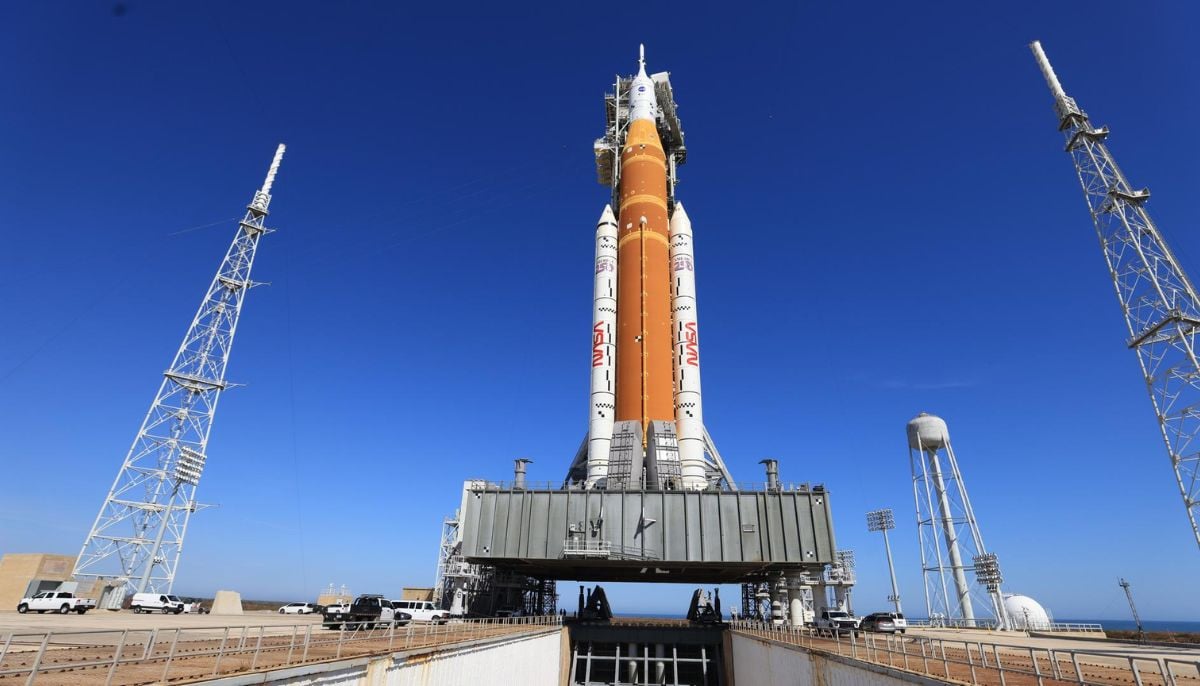'Second trial of firewall with DPI capability' completed in Pakistan
Telecom sources say internet speed will return to normal in next two to three days
Pakistan completed a second trial run of firewall to block and filter unwanted content on Thursday, according to telecom sources, amid criticism over the internet slowdown in the country.
The firewall was installed on internet service providers (ISPs) possessing deep packet inspection (DPI) capability, the sources said adding that the firewall has been installed in view of national security concerns.
The telco sources also confirmed that mobile signals and internet services slowed down due to the installation of a new firewall.
They claimed that all social media services would return to normal speed in two to three days after the conclusion of the firewall's trial period.
The first trial run was said to be carried out in July which resulted in the slowing down of social media platforms.
The federal government had allocated more than Rs30 billion in the development budget for the acquisition and installation of this filtering system.
The allocation was made to the Ministry of Information Technology; however, the execution of this project is being done from another power centre.
However, the adverse impacts after installing the firewall drew criticism from local netizens and digital rights organisations who expressed fear about the future of internet-based businesses in Pakistan.
As internet users in Pakistan continue to reel under prevailing access and speed issues, the Wireless and Internet Service Providers Association of Pakistan (WISPAP) has blamed the phenomenon on increased security and surveillance whose adverse repercussions might lead to severe economic repercussions.
"It’s a very discouraging situation for our customers [...] Many are leaving the smaller ISPs because they cannot sustain the poor service quality anymore. If this continues, we will see a mass exodus of businesses from Pakistan," said
In a statement on Thursday, WISPAP Chairman Shahzad Arshad revealed that internet speeds witnessed around 30% to 40% reduction which has had a devastating effect on businesses and individuals who depend on reliable internet connectivity.
Adding to the WISPAP's concerns, the Overseas Investors Chamber of Commerce and Industry (OICCI) said today that in 2023, Pakistani startups raised just $75.8 million across 39 deals, reflecting a sharp year-over-year decline of 77% in funding and 42% in deal volume.
The OICCI warns that such disruptions could derail Pakistan's economic progress, stifle innovation, and severely impact the prospects for much-needed FDI — a vital component of the nation's economic revival.
Prime Minister Shehbaz Sharif-led coalition government and the country's top cyber regulator the Pakistan Telecommunication Authority (PTA) have remained quiet as millions across the country continue to face trouble accessing internet services due to limited connectivity, particularly while using mobile data in some regions.
The internet disruption is not only affecting citizens' rights but also causing financial losses to the national exchequer, as several online businesses, including e-commerce and ride-hailing services, are bearing the brunt of the restricted connectivity.
Users of the widely used messaging application WhatsApp in Pakistan have also reported long delays and failures when uploading and downloading content of all types.
-
Sun appears spotless for first time in four years, scientists report
-
SpaceX launches another batch of satellites from Cape Canaveral during late-night mission on Saturday
-
NASA targets March 6 for launch of crewed mission around moon following successful rocket fueling test
-
Greenland ice sheet acts like ‘churning molten rock,’ scientists find
-
Space-based solar power could push the world beyond net zero: Here’s how
-
Hidden ‘dark galaxy' traced by ancient star clusters could rewrite the cosmic galaxy count
-
Astronauts face life threatening risk on Boeing Starliner, NASA says
-
Giant tortoise reintroduced to island after almost 200 years












